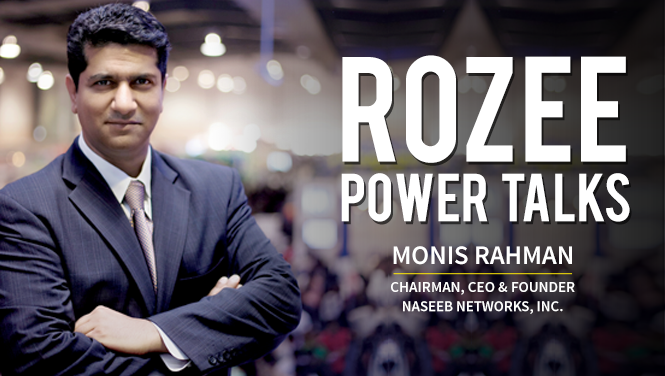“The thing about startups is, you always have dreams and you have visions of where you think it’s going to go and how it’s going to play out, but you never really know. And that’s part of the thrill and exhilaration of doing a startup. It’s just a roller-coaster ride.”
A startup is a complex, fragile entity, one that requires constant, unwavering care and attention. Those who make it through are akin to the gladiators of yore, grizzled, battle scarred individuals with a wealth of wisdom and experience. I’ve made it through the gauntlet, and recently sat down with the ROZEE digital team to answer the simple, yet pivotal question:
WHAT MAKES A SUCCESSFUL STARTUP?
Startups are capricious – You’ll frequently see great ideas launch and fail, and then you’ll find instances of the same idea succeeding brilliantly in another area or market. You’ll find highly funded companies folding and companies with little to no funding scraping through.
So if there is no one fixed formula determining the success of your startup, how do you minimize the chances of failure?
The first and probably one of the most critical aspect, is to choose the right founding team. Things go wrong in a startup, they always do, and how you get out of such situations is determined by the quality of the founding team. Their will, resilience, passion, flexibility and creativity is vital. They share in your vision and beliefs and are as synced to their ebb and flow as you. Simply put, the founding team is what separates a successful business venture from a failed one.
Second up is resource management, another key variable in the life of a startup. This extends to both cash flow and people. If you’re starting off with a funds constraint, be efficient- Utilize shared office space, get used equipment, be smart. When it comes to building a workforce, find people who join your idea, believe in it and go the extra mile to make it happen.
Thirdly, an issue that frequently derails startups, is over complication. Instead of a market-centric, iterative approach, most startups become hung up on making their products feature-packed. The right approach is quick, focused execution – build products, test and validate them and launch them quickly, get feedback and iterate. Circling back to the first point, the presence of a great team can make this an even faster process, since they will use customer validation data and tweak the model till it becomes viable. A mediocre team can drop the ball here and make even the most profitable idea fail.
What, then, is the metric for success? As it turns out, there is none. There are, however, several practices that can nudge you in the right direction. Starting your own business means both a personal, as well as a capital investment. You must be able to ride the downs before you experience the ups hence; patience, perseverance and resilience prove to be qualities unparalleled in this quest for success.





